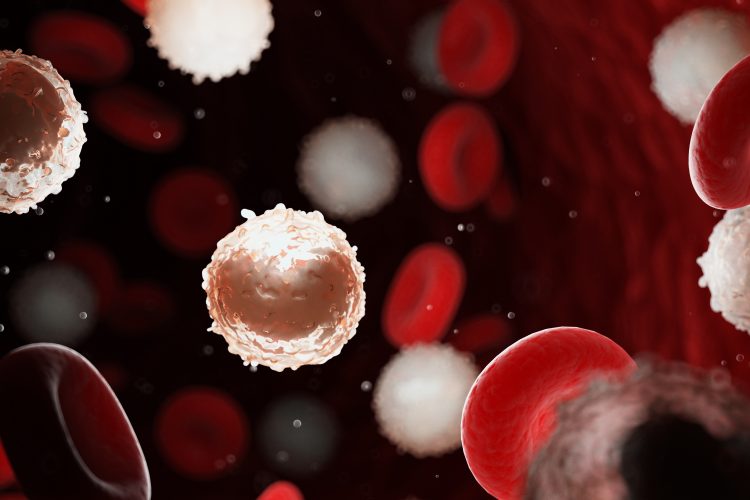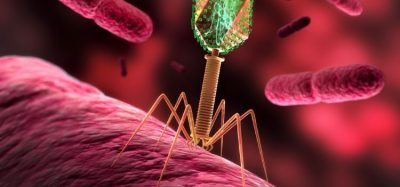Interferon treatment reduces leukaemia recurrence by 20 percent
Interferon treatment with a bone marrow transplant bolstered outcomes for patients with advanced, high-risk leukaemia.
Researchers at the University of Michigan, US, have identified a drug that, when administered with a bone marrow transplant, reduces the risk of leukaemia recurrence by 20 percent among high-risk patients.
The study, published in Blood Advances, looked at patients with an advanced form of acute myeloid leukaemia that had grown resistant to other treatments. The team then conducted a bone marrow transplant from a donor, a procedure that is sometimes not recommended because the patients are so sick. It is also a risky option: even with a transplant, 60 percent of leukaemia patients relapse within six months.
Previous laboratory studies by the group suggested that the drug interferon could enhance function of a key subset of dendritic cells that can selectively enhance T cells which recognise and kill leukaemia cells after transplant.
Interferon-alpha is used in some autoimmune diseases, but the response does not last long. The researchers therefore looked at a long-acting form of interferon called pegylated IFN-alpha which is commercially available to treat hepatitis B and C, as well as some blood cancers.
An early stage clinical trial enrolled 36 leukaemia patients who received four doses of pegIFN-alpha, every 14 days beginning just before their transplant. At six months, 39 percent of leukaemia patients had relapsed, reducing the disease relapse by over 20 percent. The drug was generally well-tolerated, with side effects in line with what many transplant patients experience. Moreover, the interferon treatment did not appear to increase graft versus host disease.
“Despite the curative potential of bone marrow transplant, relapse remains the greatest barrier to successful outcomes. This result suggests that a brief course of peg-IFN may increase the anti-leukaemic potency of an allogeneic transplant. If this intervention can reduce relapse, even by 10-20 percent, it could translate into improved survival,” stated study lead author Dr John Magenau.
While more research is needed to confirm the findings in a larger, randomised clinical trial, the researchers noted that new strategies are essential for this group of patients who have few options. “We need to determine what else we can do in addition to interferon to get to those patients who still relapsed,” explained Professor Pavan Reddy who led the study.
The team is continuing their research on this leukaemia treatment to try to improve upon these results. In addition, they are looking to perform a randomised trial, potentially also exploring interferon in other types of transplants or blood cancers.










